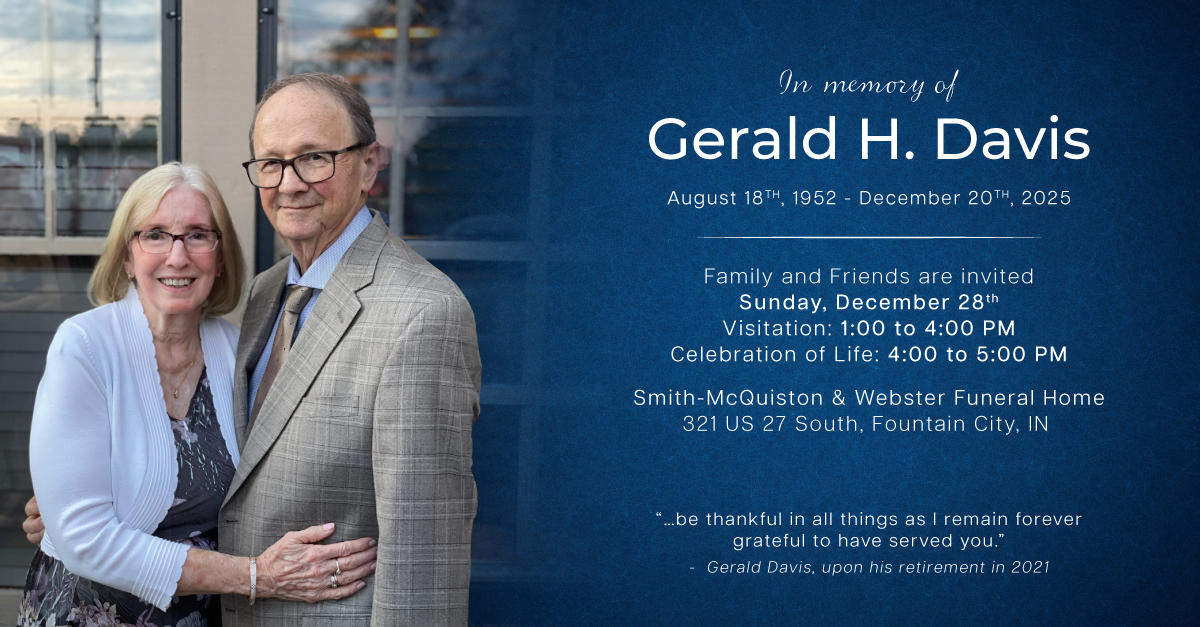Holidays After the Death of a Loved One
Editors Note: This is a great article for this time of the year. This is a great piece of content to share across your social media pages as well as in your newsletters.
Grieving for a loved one is never easy, but the holidays seem to deepen sorrow, loneliness, guilt, anxiety and depression. These feelings are completely normal during the holiday season, according to the website Hospice. According to the Office for Victims of Crime, you can manage the holidays better by taking charge of the season instead of letting it take charge of you.
Fears
The anticipation of a holiday without a loved one is often more difficult than the holiday itself, according to Hospice. You might find yourself feeling numb during holidays and special celebrations during the first year after your loss, but the second year might be even more difficult. Share your fears and concerns about the approaching holiday season with close family members and friends. Tell them what they can do to help you.
Create New Traditions
If you try to keep your holiday season exactly the way it was before, it probably will intensify your feelings of loss, according to the Office for Victims of Crime. Try something different to help you and your family move on. “The first Christmas after my dad died we created a new tradition,” says Cheryl Beach, who lost her father in 2003 after a long struggle with emphysema. “We now gather at my brother’s home on Christmas Eve, which we could never do while my dad was alive because he was too ill to leave the house. We will always miss him, but doing something different helped all of us cope with his loss, especially the first Christmas after his death.”
A Special Tribute
Some families have found solace in creating a special tribute to their loved one during the holidays, according to the Office for Victims of Crime. You might leave one seat empty at your holiday dinner table, or light a candle in his honor. Ask each family member to share a special story or write down a memory to place in a bowl or hang on the Christmas tree. Bring out old family pictures to help spark memories.
Create Balance
The rush of the holiday season can create stress even without the additional burden of grief. Think about how you want to celebrate the holidays ahead of time. According to the Office for Victims of Crime, you should balance social commitments with alone time where you can release pent-up feelings of sadness and loneliness. Try writing a letter to your loved one to say goodbye. Setting aside private time to acknowledge your grief can make it easier to postpone waves of emotion in public.
Seek Professional Help
If you find yourself unable to cope during the holiday season, it is important to find professional help to get you through, according to the Office for Victims of Crime. Some find comfort in the rituals of religion during the holidays. Others are reassured by a support group or professional counselor. Hospice suggests reading some books on grief to help you understand the process you are going through.




